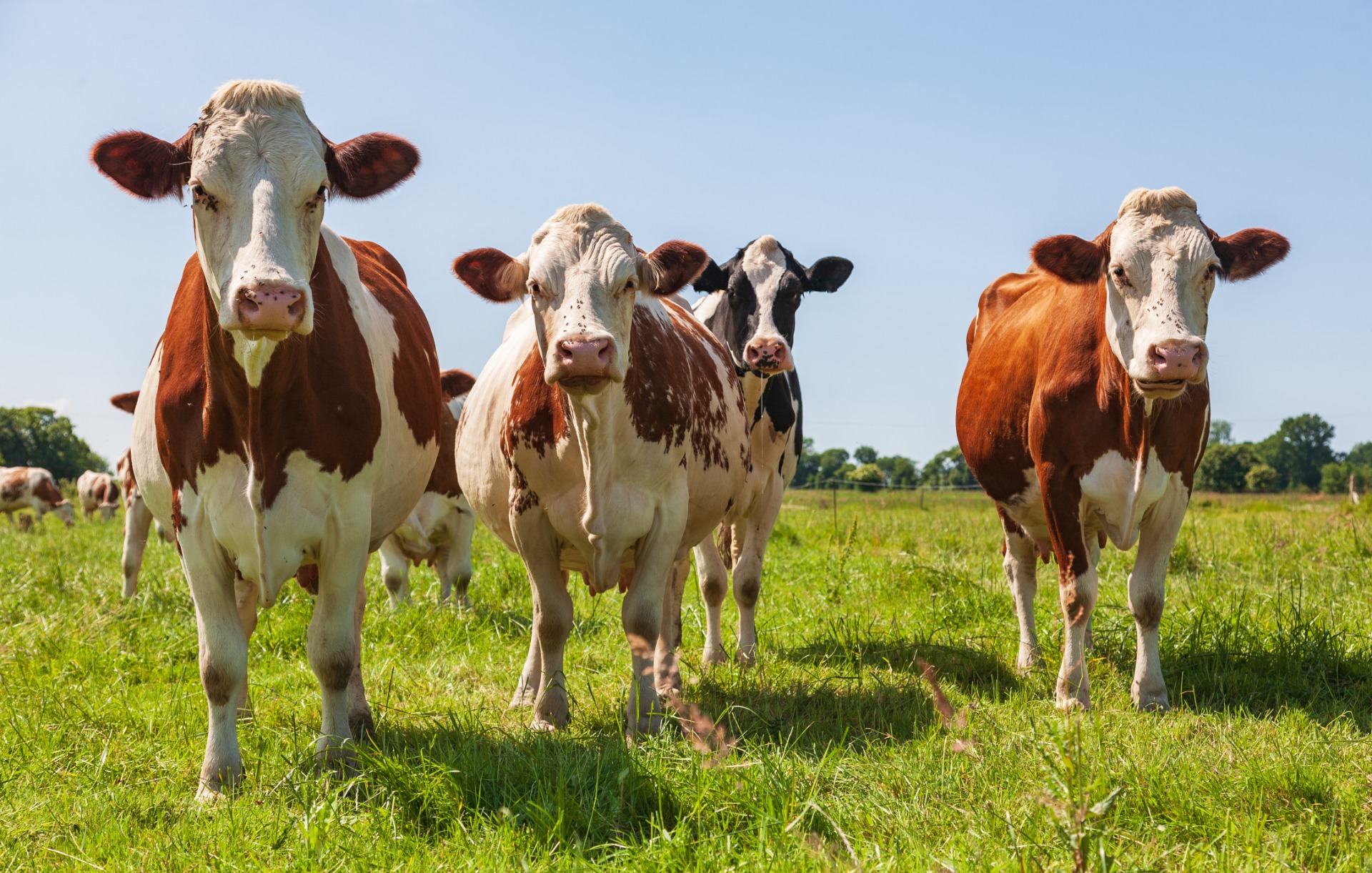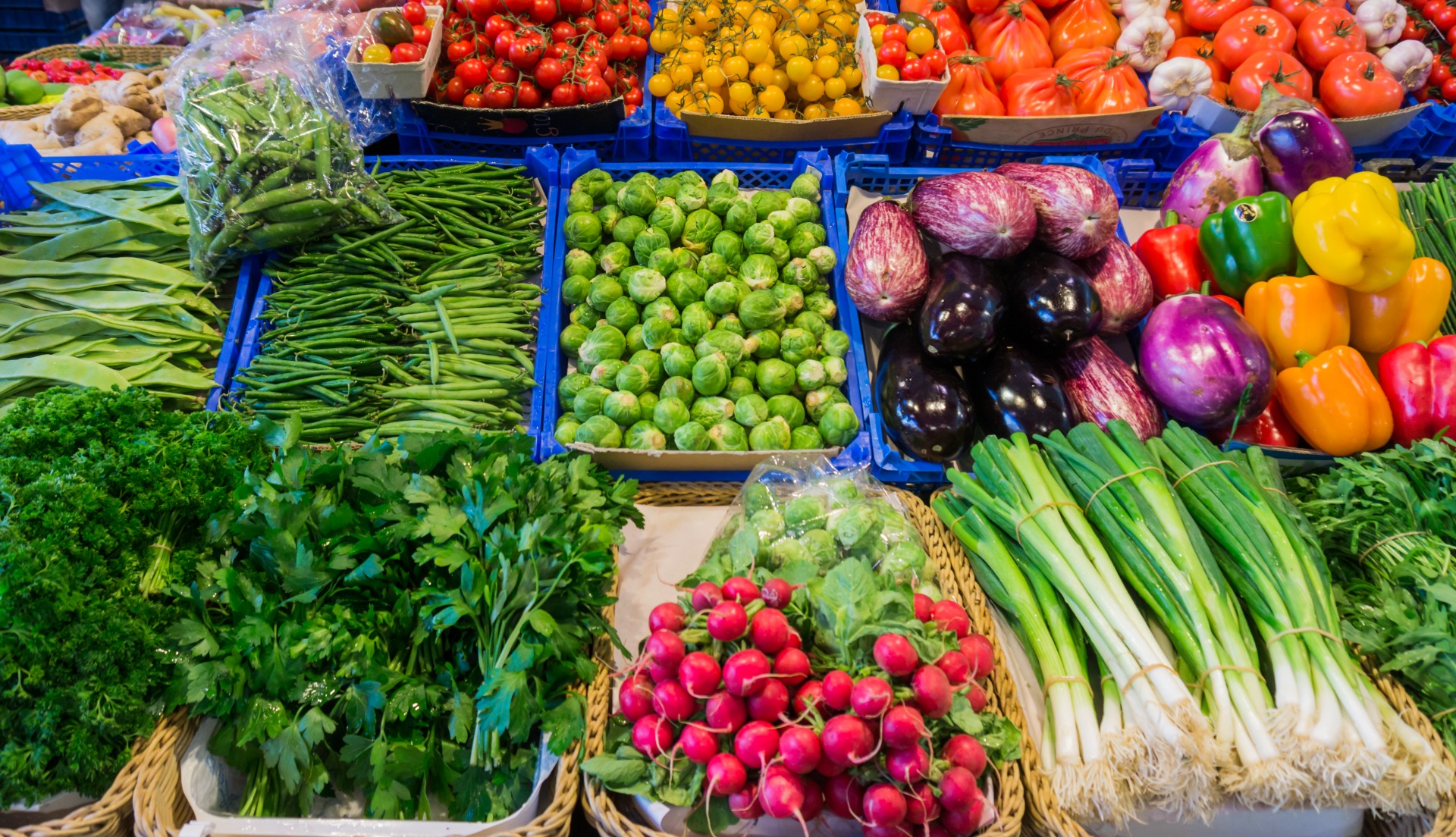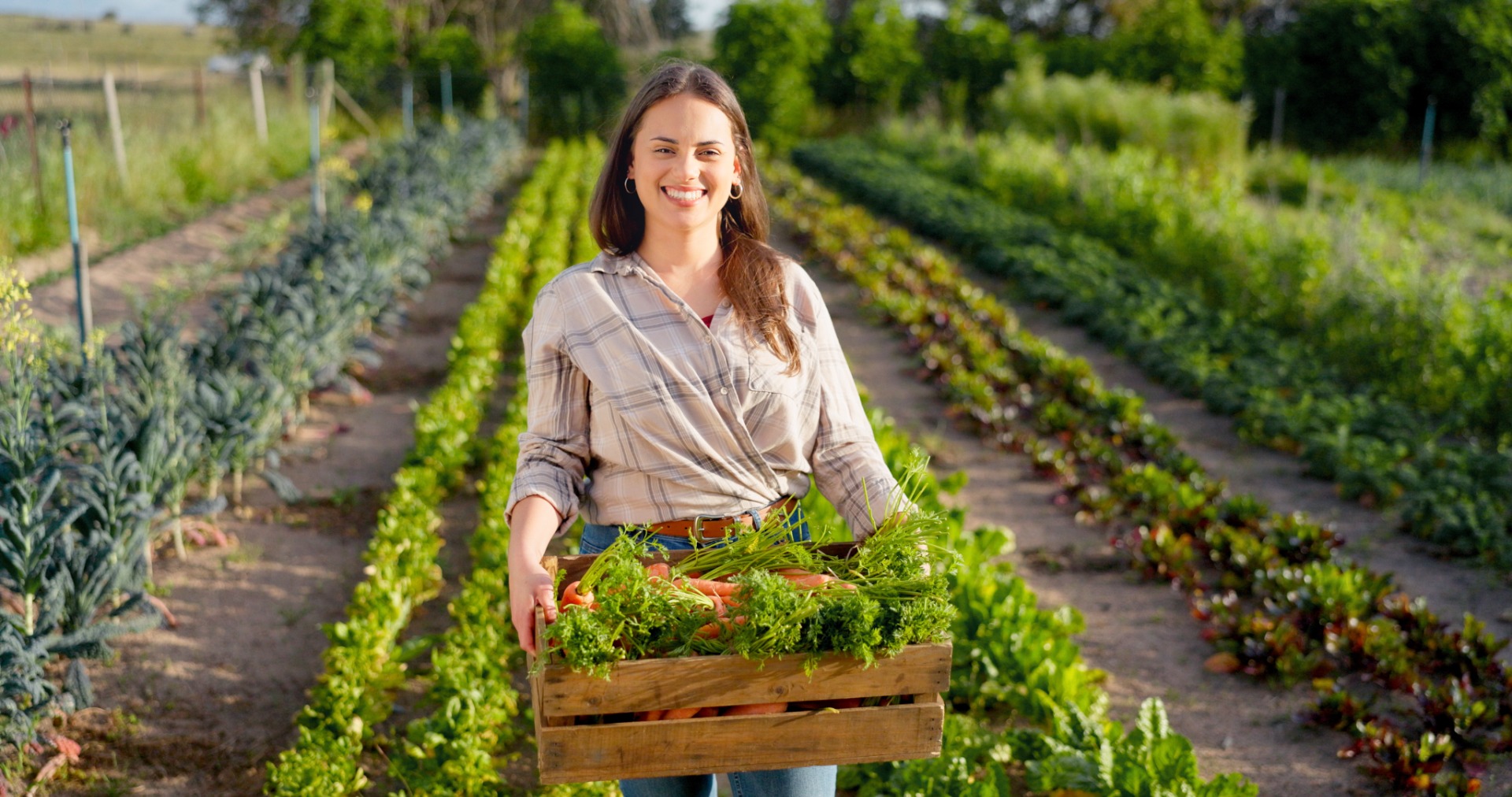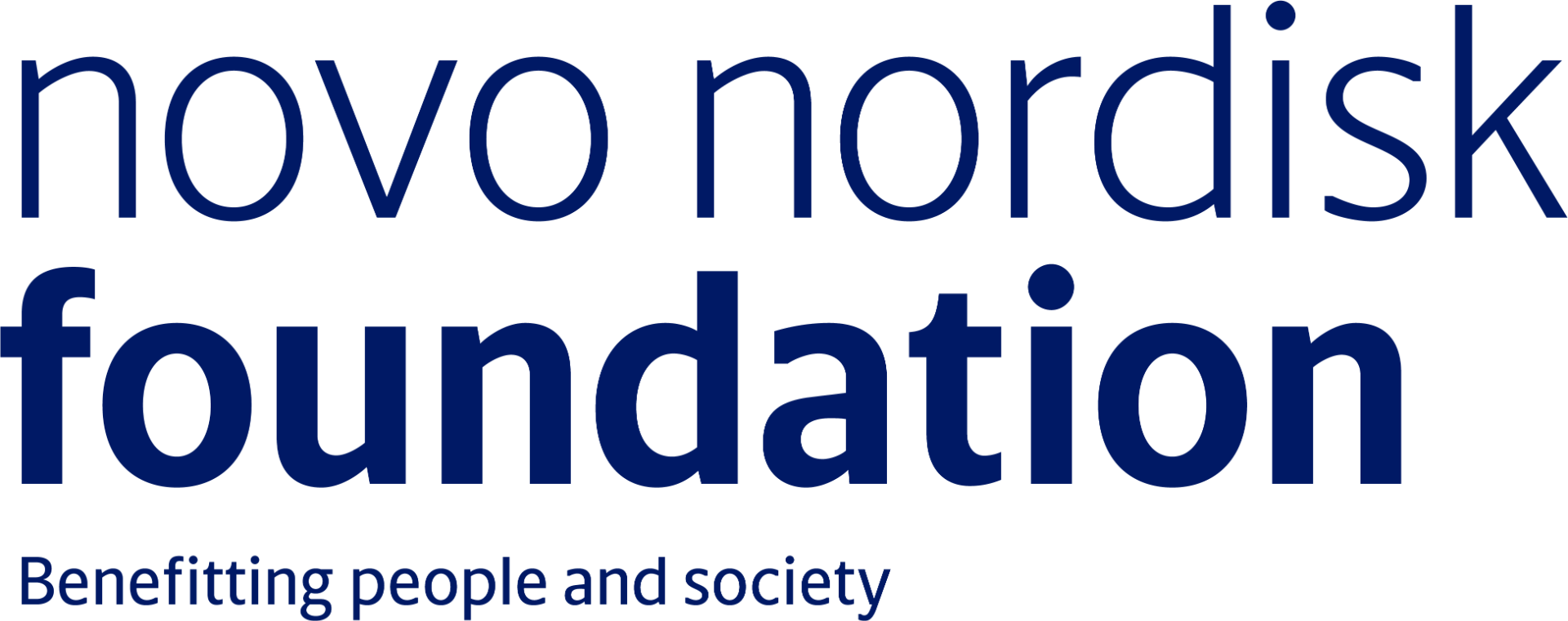The PlantTip Project
We aim to find the societal tipping points that can accelerate Denmark's transition to more sustainable lifestyles. We use an innovative connection of behavioural and social experimentation and agent-based models to understand and model how policy instruments, social interventions and commercial marketing measures, consumer-oriented innovations, and social dynamics can be combined to push forward this change.

The Problem to Tackle
Large-scale and accelerated dietary change could crucially contribute to green house gas emission reduction and thus to the green transition of food consumption in Denmark. However, the current rate of change towards more plant-rich and sustainable diets is far too slow and restricted to niche groups.

Challenges to Address
Societal tipping points must be reached to accelerate the needed changes, but we lack knowledge on how to predict and foster large scale change to efficiently support food system stakeholders.

Research Approach
Gathering information from behavioural surveys, results from international collaborators, and insights from citizens, we will use agent-based modeling to find the most effective way to encourage these vital societal transitions.

Agent Based Modeling
Agent-Based Models (ABMs) are a type of computer simulations that simulate emergent, system-level behaviour from the bottom-up. ABMs simulate the interdependent and simultaneous behaviours of thousands or millions of agents who are programmed to make decisions based on personal characteristics and local conditions.
ABMs' focus on individual-level decision-making makes them particularly well-suited for social sciences. With empirical behavioural data, ABMs let us program how agents behave and how they respond to each other (e.g., social norms), to external conditions (e.g., policies) and to local knowledge and conditions (e.g., access to products in the local supermarket). Thus, ABMs provide an in-silico laboratory to study empirically based changes to consumer-citizen behaviour and explore the interacting effects of interventions at scale.
Using individual 'agents' that represent the population in Denmark, our ABMs will simulate different scenarios and interventions to capture long-term and interacting feedback effects often overlooked in traditional research.
Aims and Outcomes
The project outcome are recommendations about which instruments, innovations, and social dynamics to prioritize in order to scale up the speed and depth of the sustainability transition of food consumption in Denmark in the coming decade.
To ensure societal relevance and create impact, early on in the development, the project draws from deep insights from citizens consideration of practical pathways and actions, and it involves professional stakeholders in the modelling. The project assesses representative consumer-citizen acceptance of recommended policy packages that result from the model scenarios, and it entails extensive societal engagement work with citizens and civil society to further debate and action.
To lift and connect the scientific research in the area of the project within Denmark to a higher degree and also for after the project, a yearly workshop will bring together relevant researchers from across research institutions and universities of Denmark.
To give examples of instruments currently discussed in the literature: the policy that all public kitchens apply the official nutritional guidelines (which recommend eating less meat and more pulses); the introduction of a climate label for all foods; the strategic marketing measure by food retailers to refrain from extreme price promotions on meat (similarly, some already refrain from food-waste-inducing price promotions on fresh produce); the technological innovation and market introduction of new cellular agriculture or plant-based alternatives which eliminate sensory drawbacks of the current products.

Funding
This project is funded by the Novo Nordisk Foundation (grant number: NNF24SA0096529). The total funding is 9.8 mill DKK and the project runs from 1 January 2025 to 30 June 2028.

